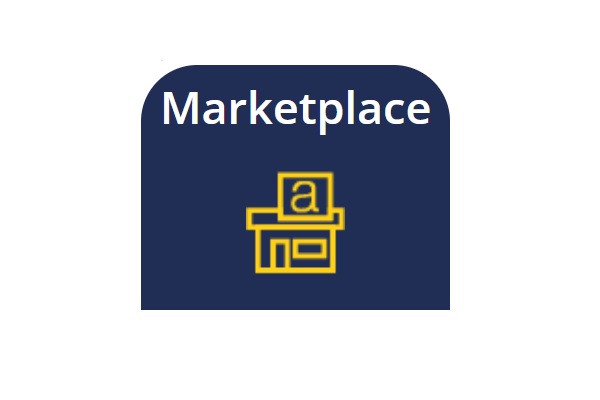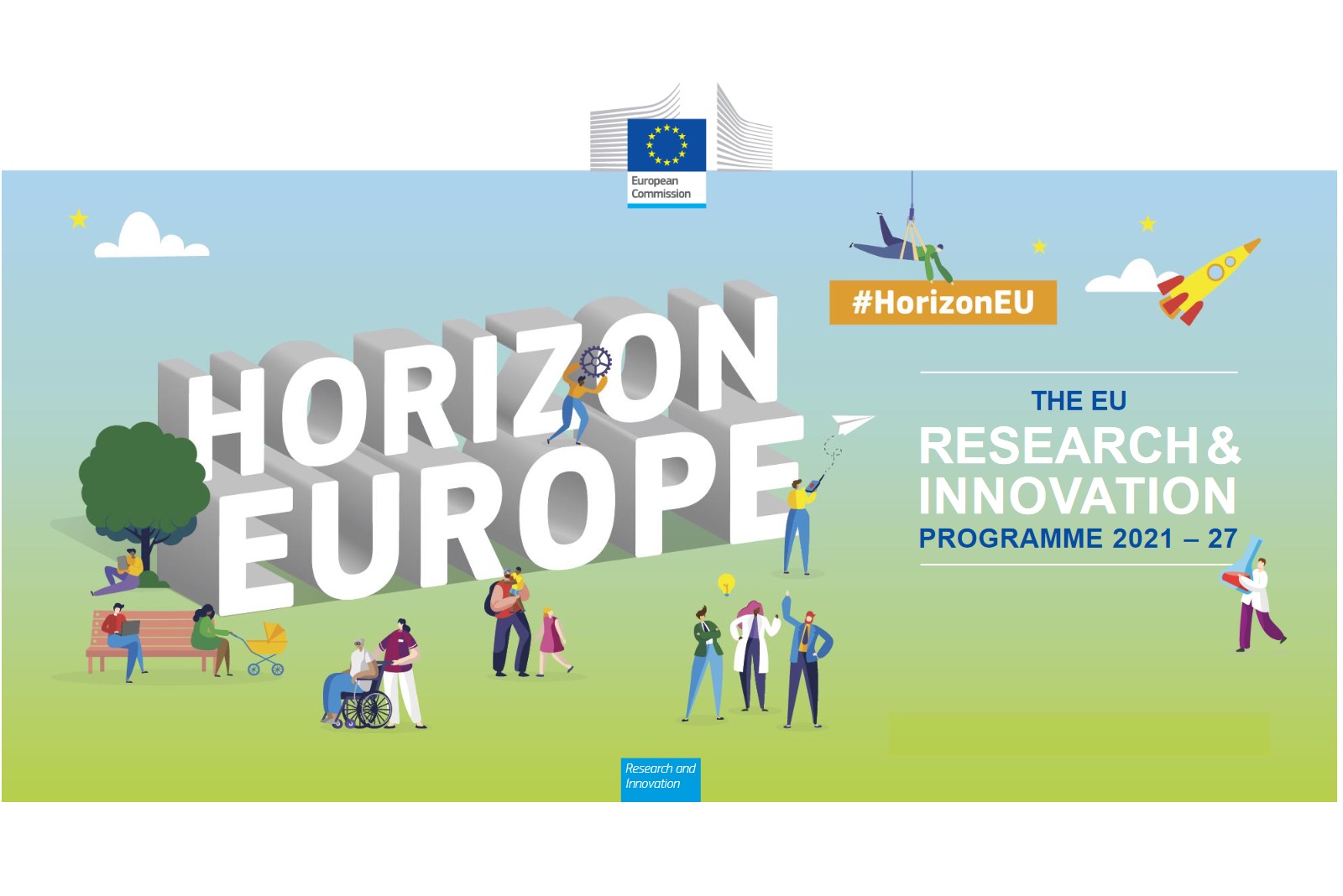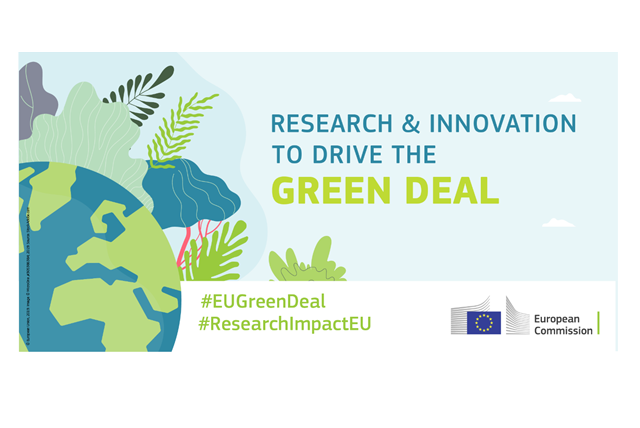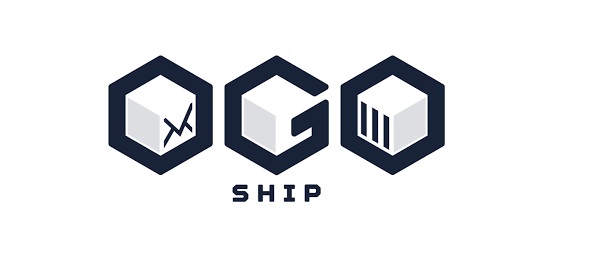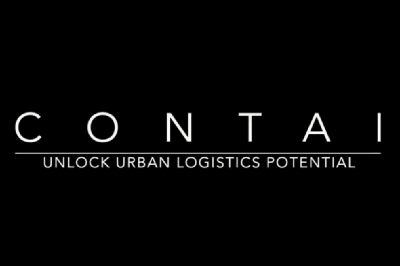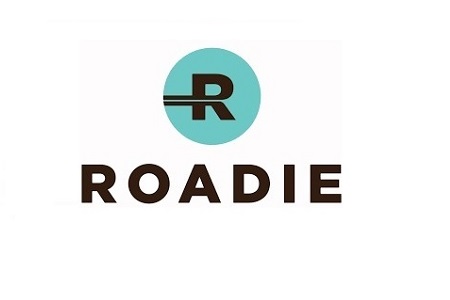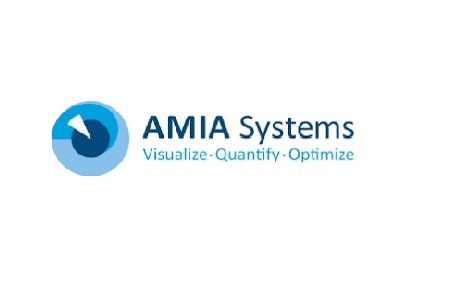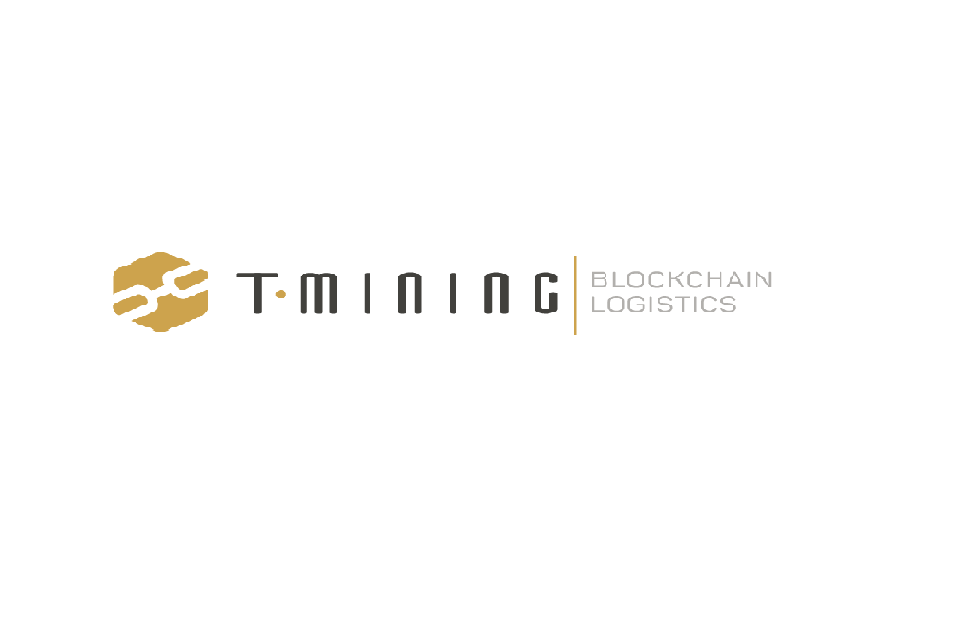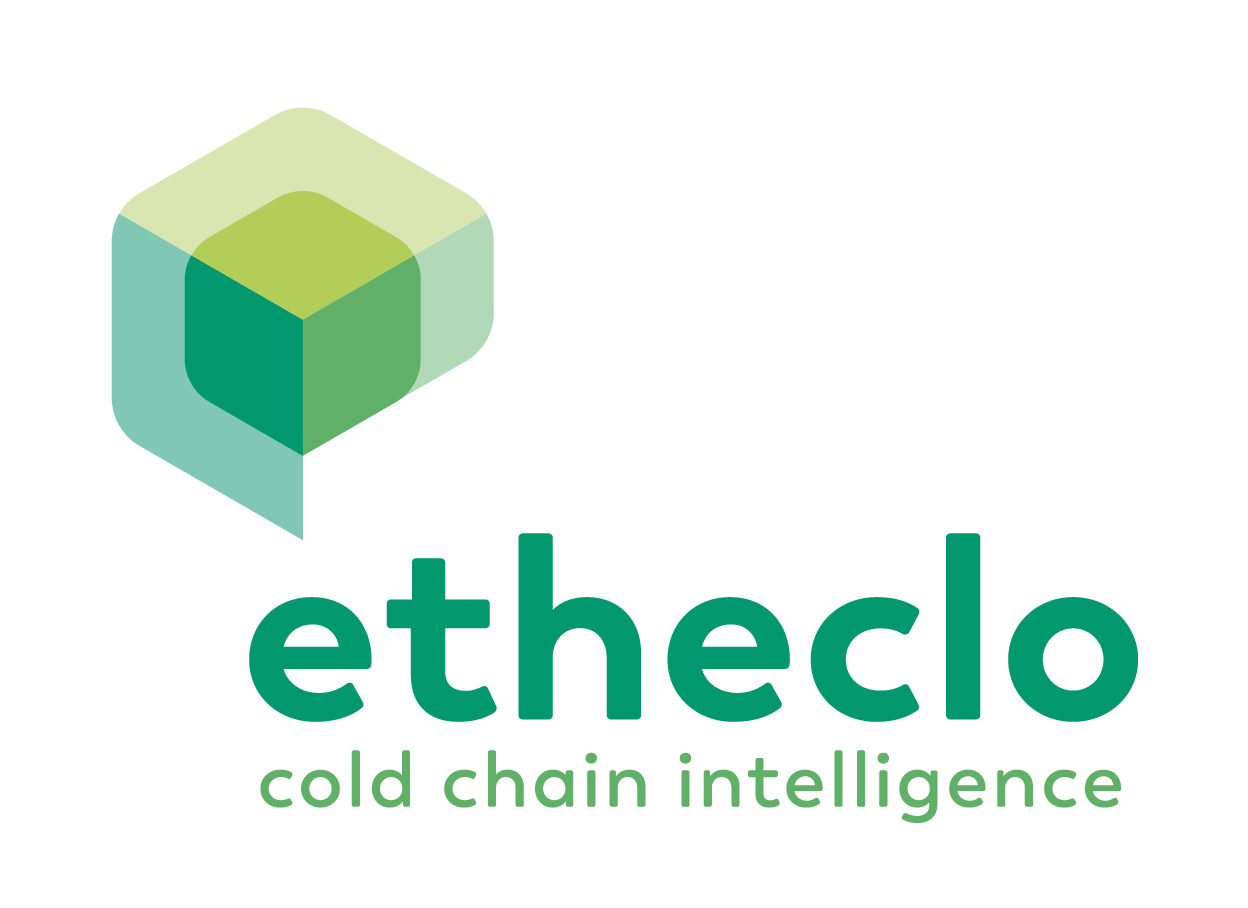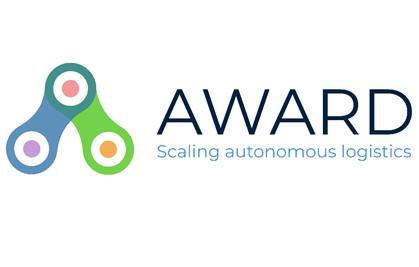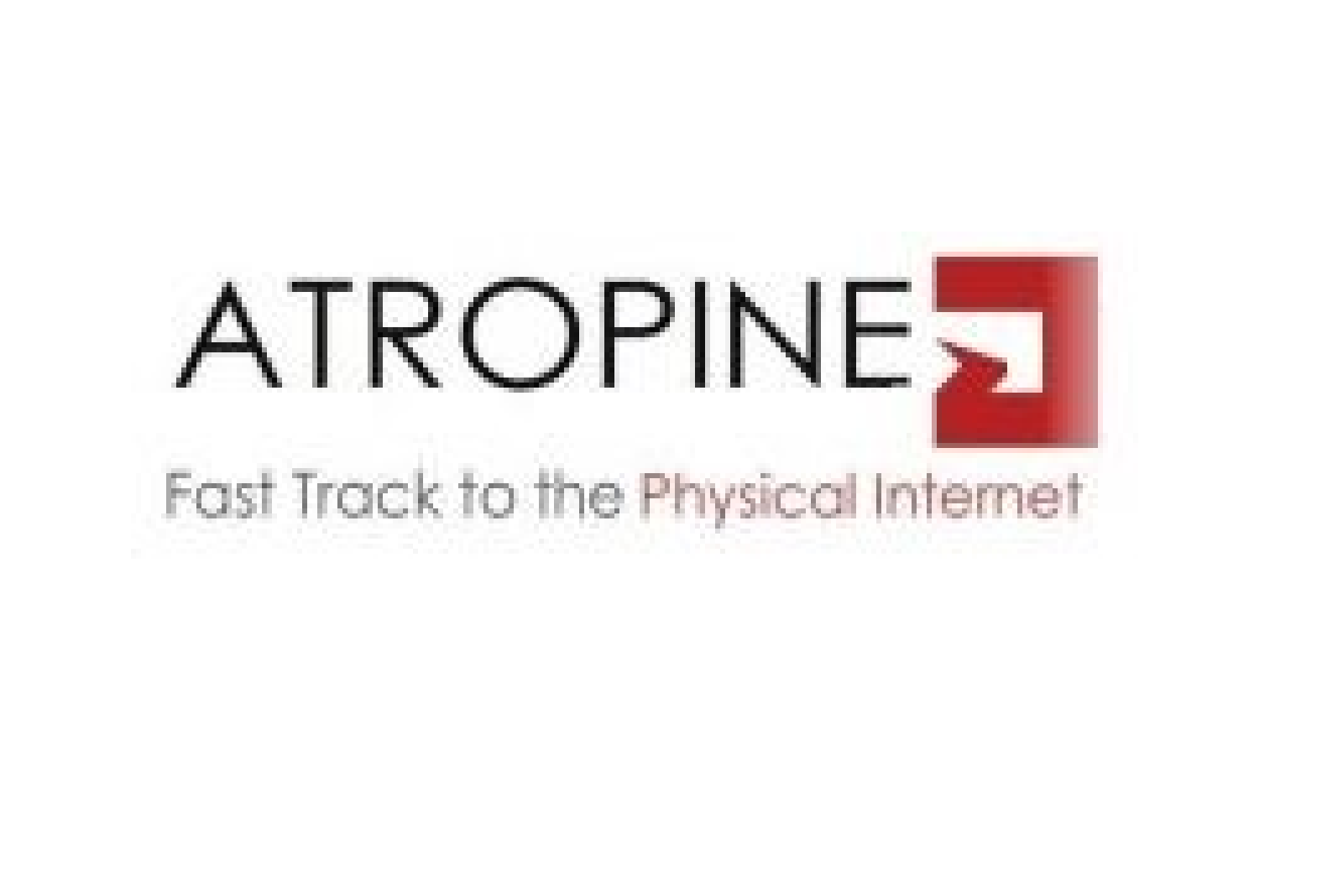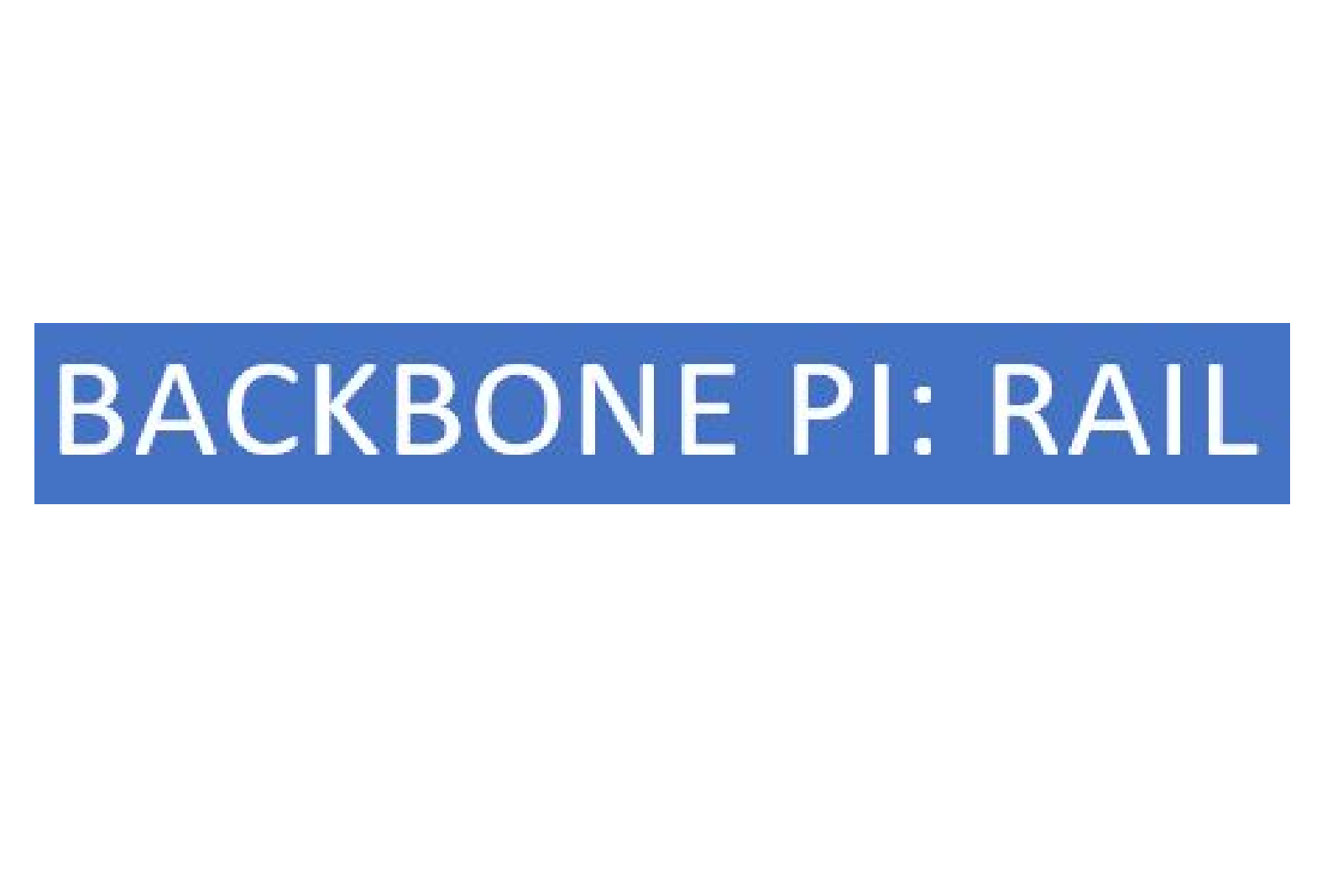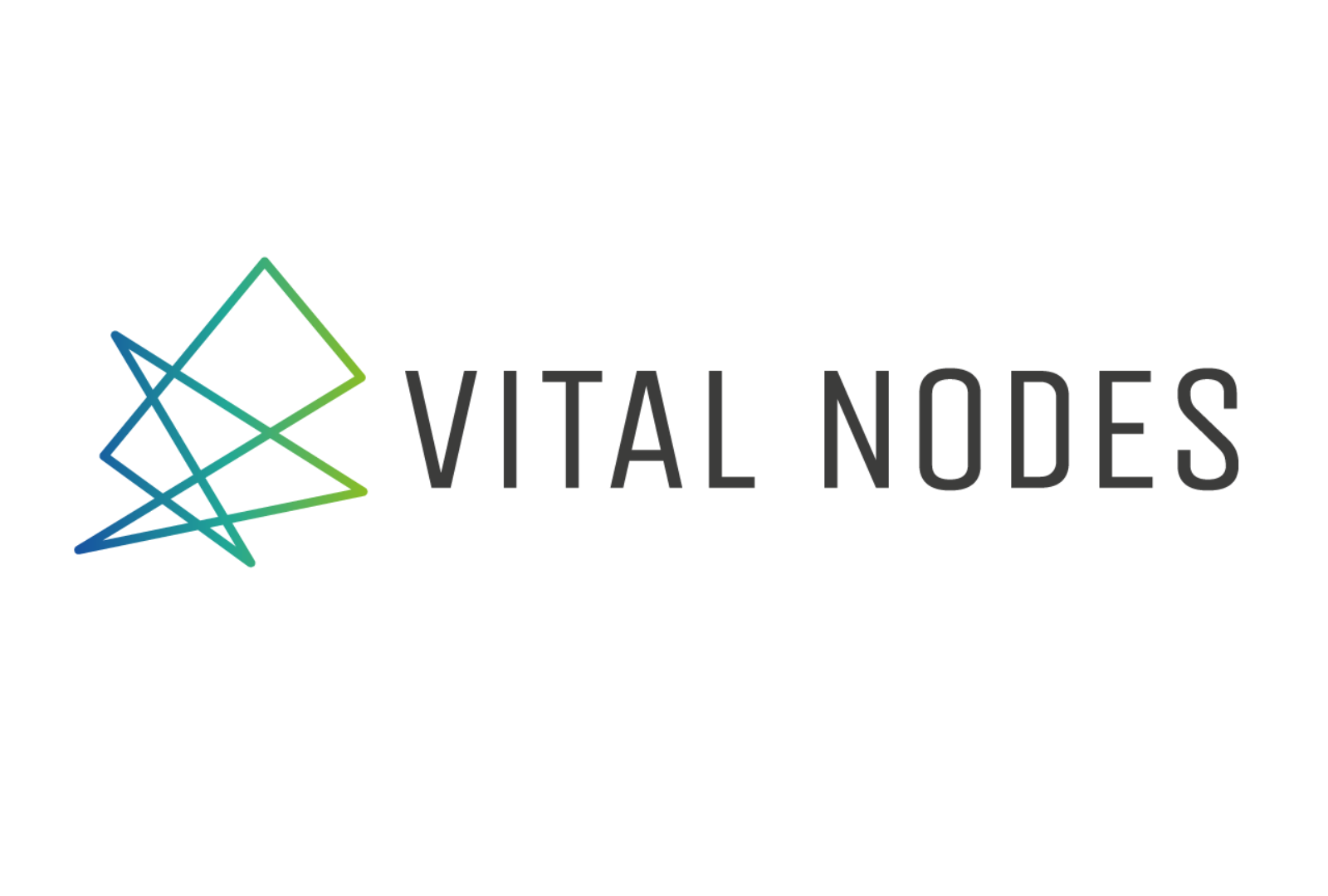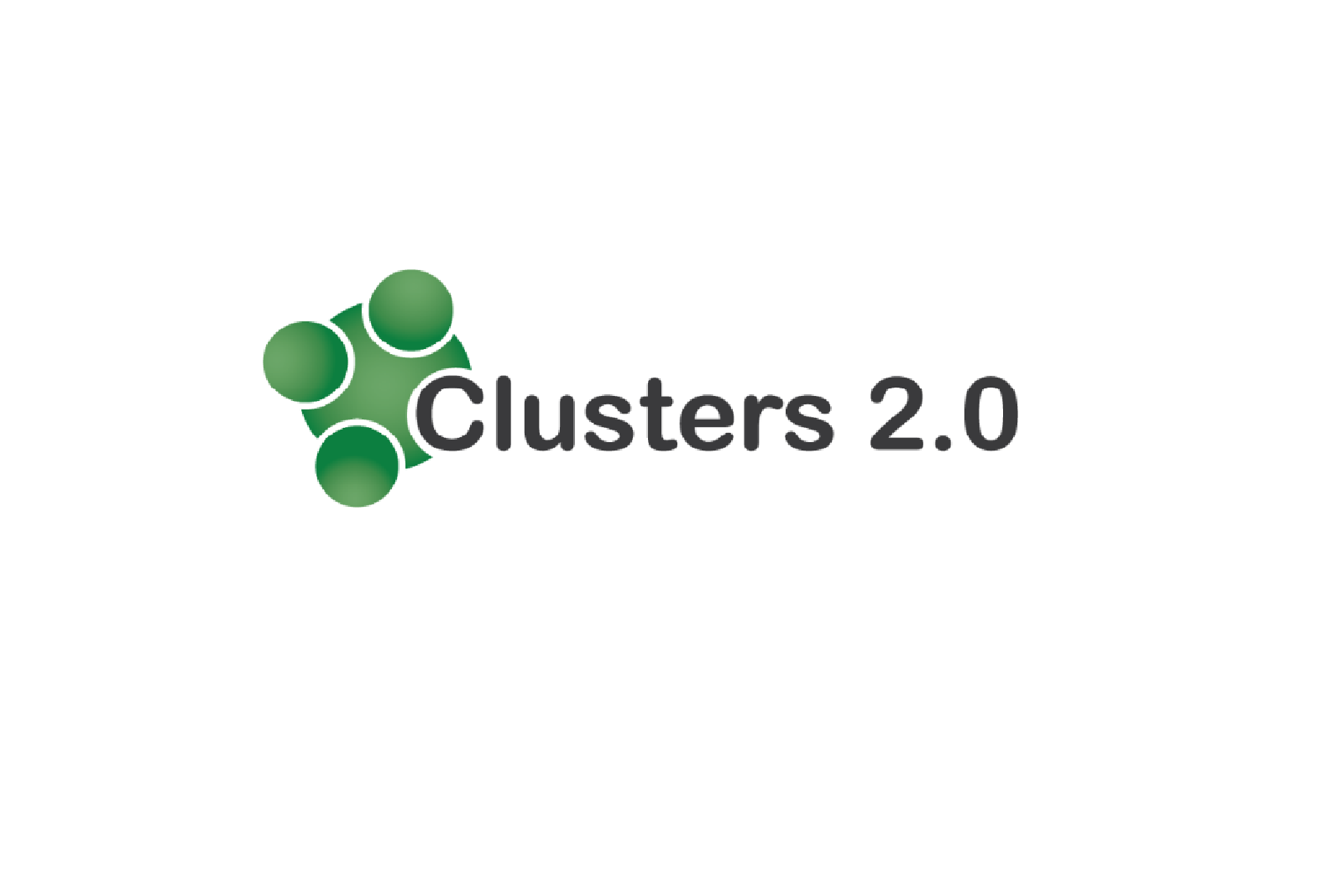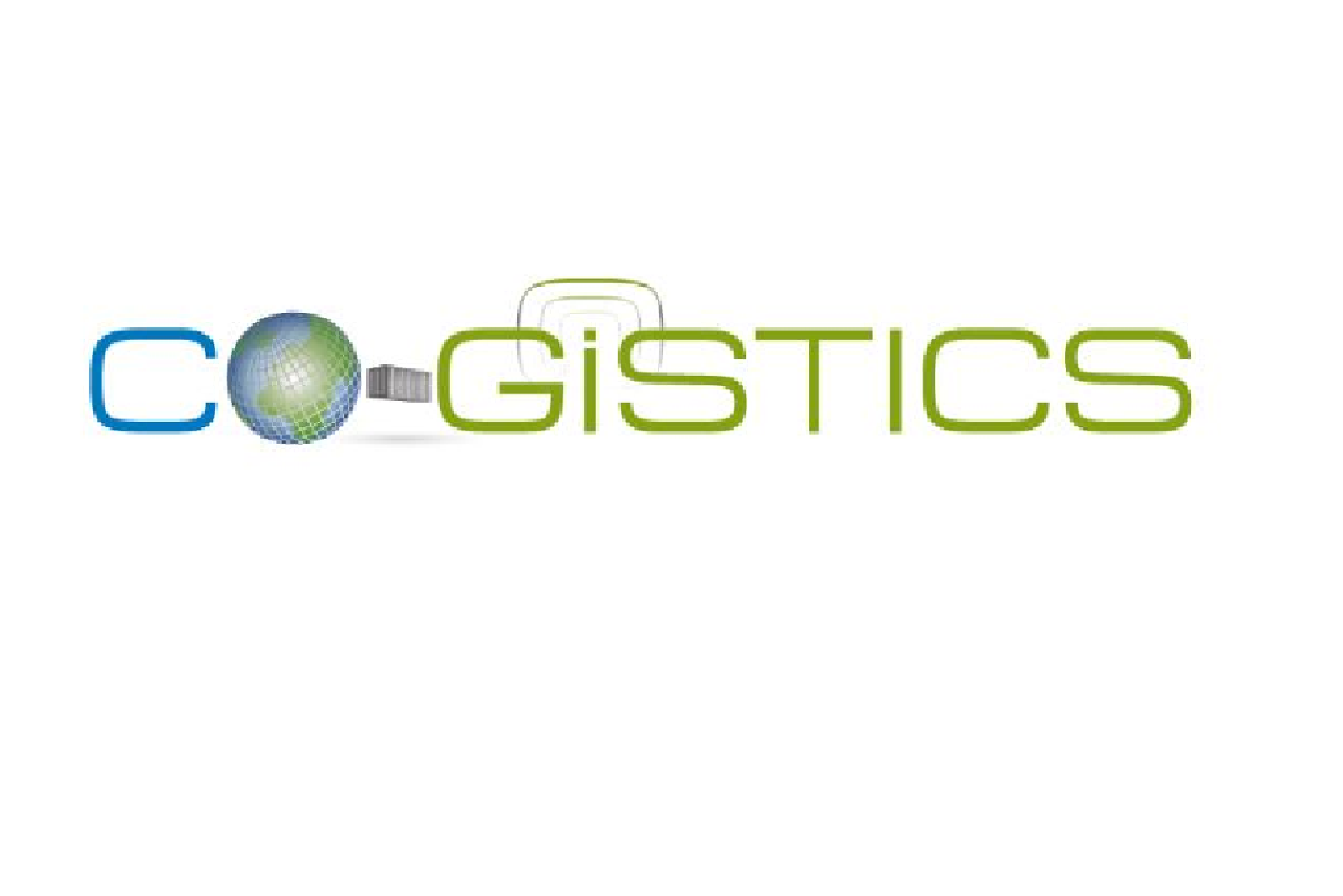The Antibiotic Production Process: From Microbial Fermentation to Purification
Antibiotics have revolutionized the way we combat infections, marking a significant milestone in modern medicine since the discovery of penicillin in 1943. These secondary metabolites, produced by microorganisms such as bacteria, fungi, and actinomycetes, serve as chemical agents that disrupt the development of pathogenic cells. With the identification of various antibiotics, including streptomycin, chloramphenicol, and tetracycline, scientists have classified antibiotics into several categories based on their sources and mechanisms of action, including β-lactams, aminoglycosides, tetracyclines, macrolides, glycopeptides, lincosamides, and quinolones.
The production of antibiotics primarily involves microbial fermentation, which is a complicated but essential process. The first step in this journey is the careful selection of microorganisms. Different types of microbes yield different antibiotics; thus, choosing the appropriate strain is critical for successful antibiotic production. Factors such as genetic makeup, growth rate, and the antibiotics they produce influence this decision.
Once the right microorganism is selected, the fermentation process begins, necessitating strict control over multiple parameters. Conditions such as temperature, pH, and dissolved oxygen levels must be precisely managed to foster optimal microbial growth and maximize antibiotic yield. These environmental factors directly affect microbial metabolism and, consequently, the quantity and quality of the antibiotics synthesized.
Upon completion of fermentation, the next phase involves the extraction and purification of the antibiotic from the fermentation broth. This crucial step typically employs various techniques. Extraction methods, such as solvent extraction or precipitation, are utilized to isolate the antibiotic compounds from the fermentation mixture. Following extraction, purification is performed to remove impurities and enhance the antibiotic's overall purity. Common purification techniques include ion-exchange chromatography and gel filtration, which help achieve a higher standard of the final product.
The subsequent steps in antibiotic production include crystallization and drying. The crystallization process entails cooling the purified antibiotic solution or adding precipitating agents to initiate the formation of solid crystals. This step is vital for obtaining the antibiotic in a usable form. Once crystallization is accomplished, drying is necessary to eliminate moisture and any volatile components. This drying process is crucial for ensuring the stability and effectiveness of the antibiotic during storage and transportation. Techniques such as vacuum drying and freeze-drying are commonly employed to achieve optimal results in these scenarios.
Throughout the antibiotic production process, strict adherence to safety protocols is paramount. Ensuring that equipment operates efficiently prevents potential malfunctions and accidents. Personnel involved in production must undergo specialized training to familiarize themselves with production techniques, equipment, and safety regulations. Establishing a robust safety management system is essential to enhance oversight and increase safety awareness. Regular safety inspections must be conducted to identify and rectify any potential hazards, thereby ensuring a safe working environment throughout the production process.
In summary, the antibiotic production process is a complex interplay of microbial fermentation, extraction, purification, crystallization, and drying, underpinned by stringent safety practices. As the world continues to rely on antibiotics for medical treatment, understanding this production process becomes increasingly vital to ensure the availability and efficacy of these life-saving drugs.
